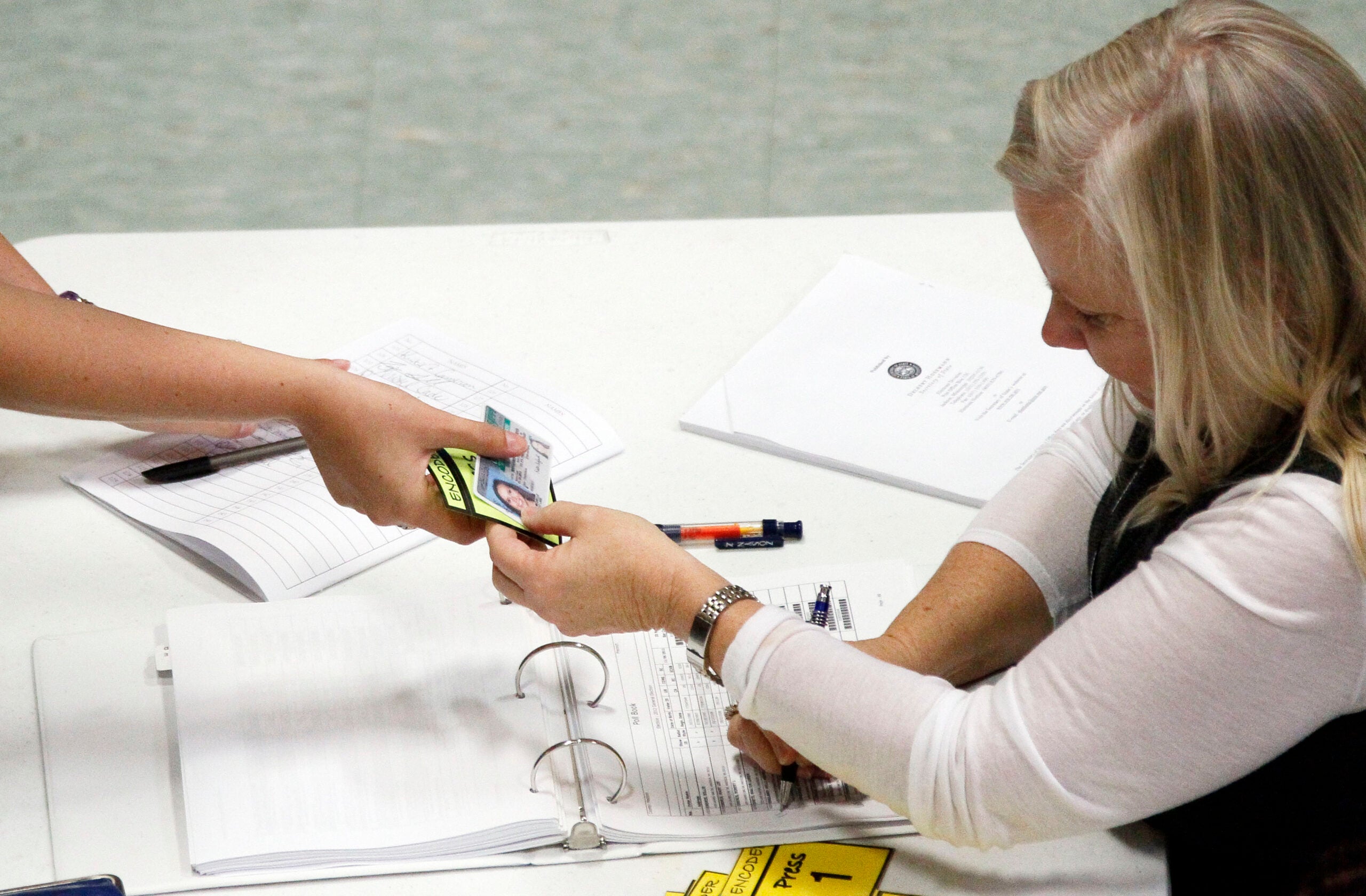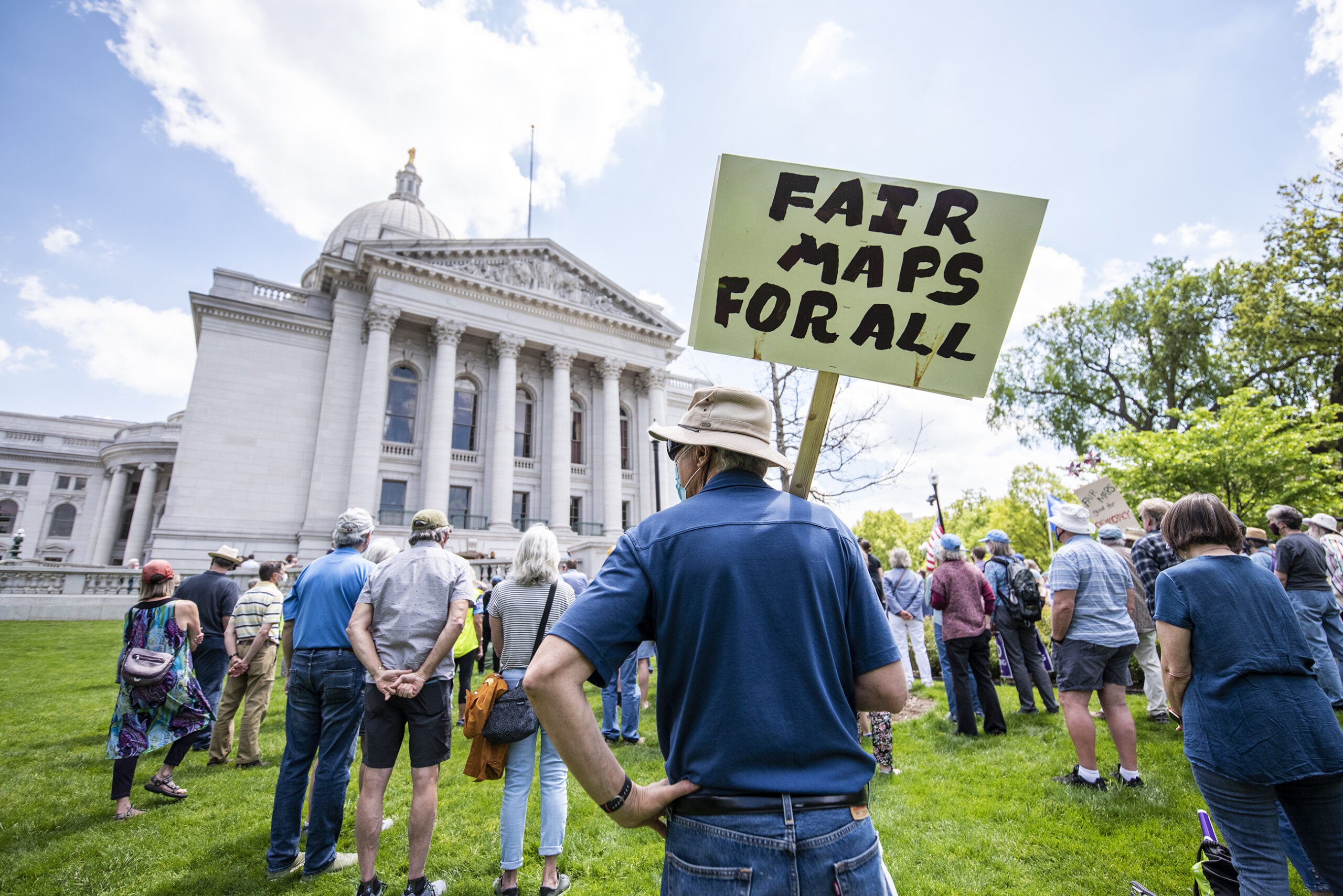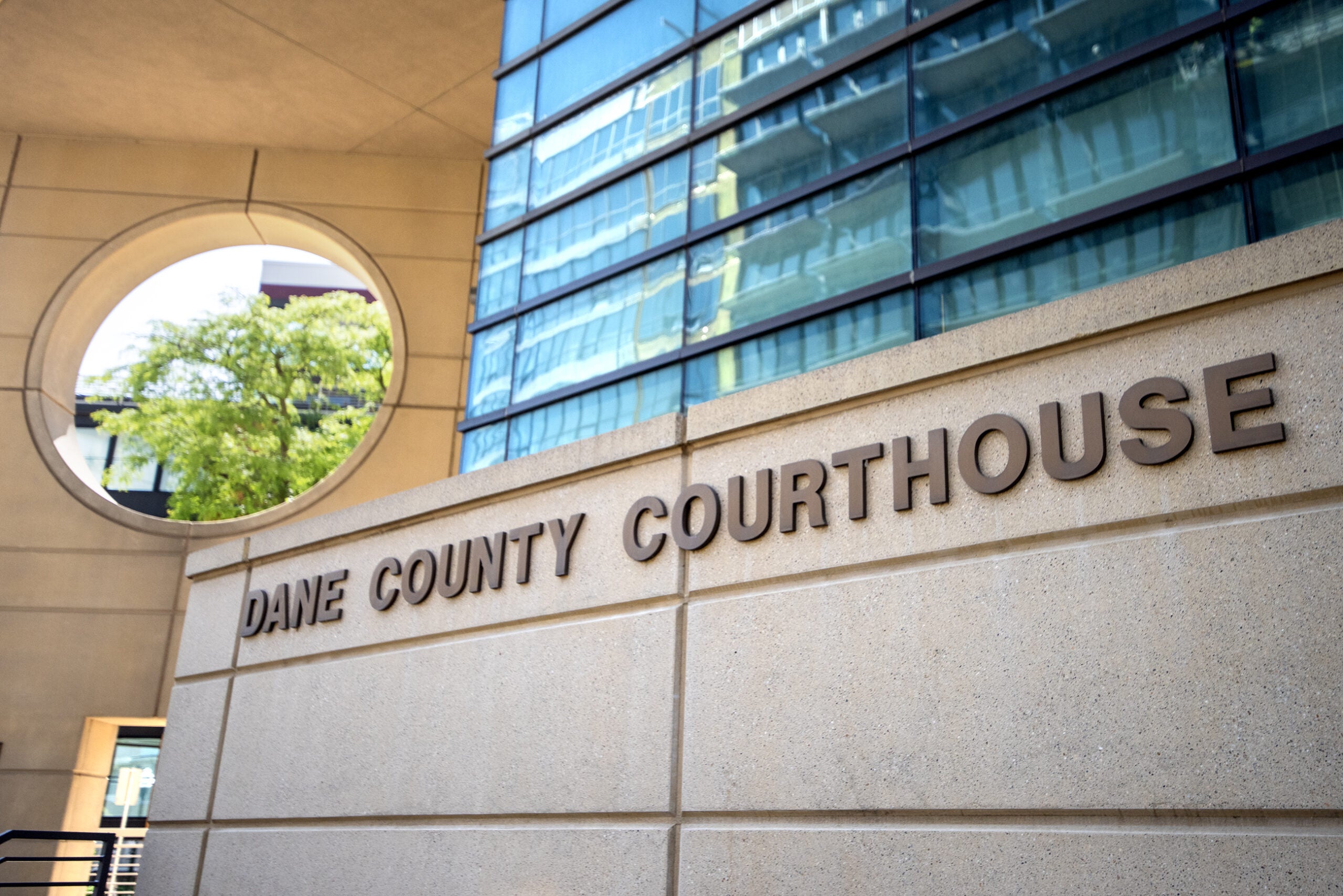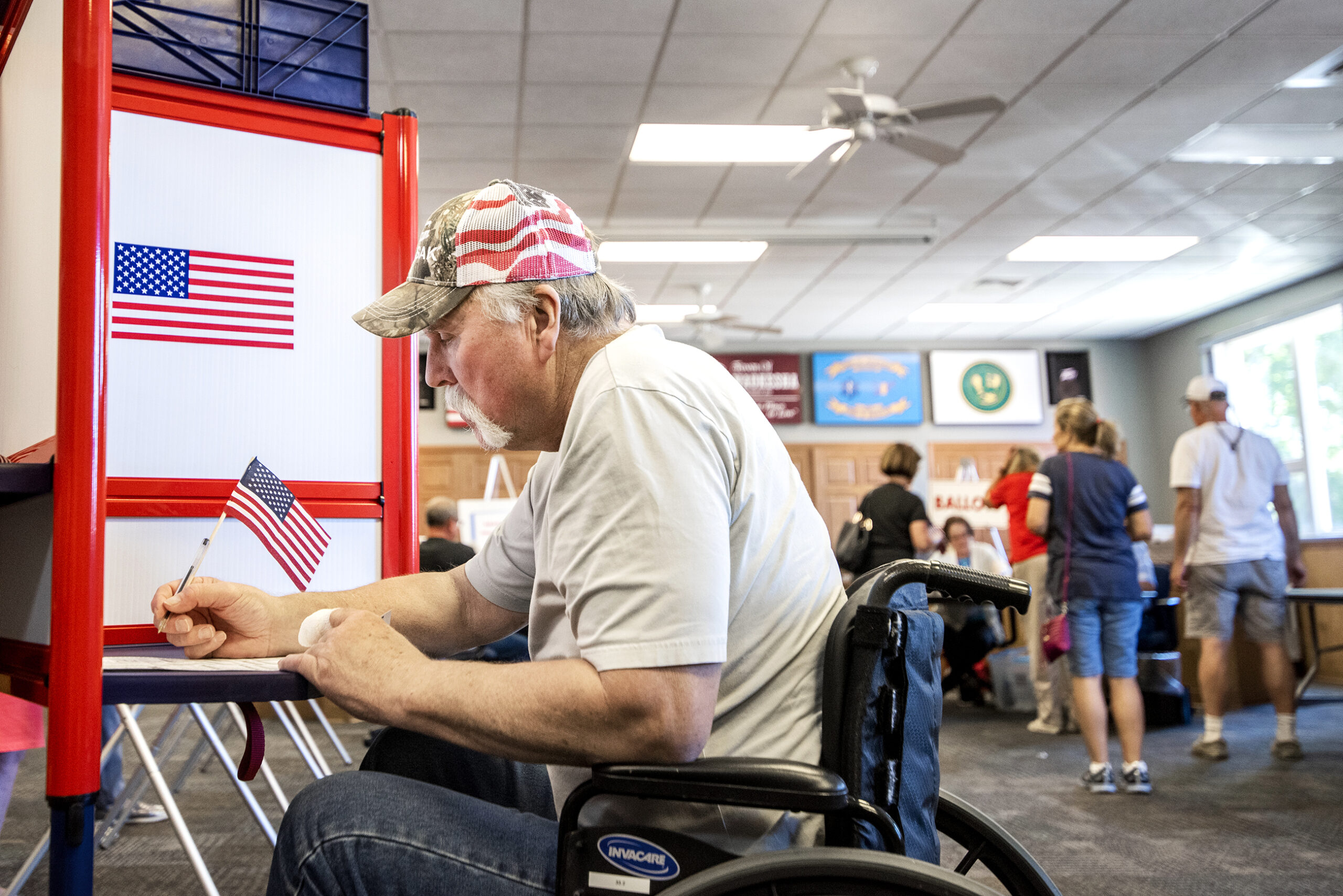A federal judge has ordered the state to track down people who are eligible for voting credentials, but haven’t received them due to out-of-date or otherwise inaccurate mailing addresses.
An emergency rule approved by Gov. Scott Walker in May requires the state to issue a receipt to anyone who enters a petition process available to those who can’t easily obtain a free, state-issued ID for voting. The receipts are valid forms of photo ID at polling places on Election Day.
Some individuals have entered that petition process, but never received their receipt, due to invalid mailing addresses.
Stay informed on the latest news
Sign up for WPR’s email newsletter.
On Wednesday, U.S. Western District Judge James Peterson ordered the state to attempt to track down those petitioners.
“Heroic measures are not required, but the DMV must at least attempt to contact the family or friends of those petitioners who are entitled to a voting credential but have not received them,” Peterson wrote.
The state had opposed that plan, saying it would violate petitioners’ privacy.
The outreach to petitioners was part of a voter outreach and education effort proposed by the state and plaintiffs in an ongoing federal challenge to more than a dozen Wisconsin election laws.
Peterson also ruled Wednesday on plaintiffs’ requests for the state to roll out mobile DMV units, purchase television and radio advertising, and purchase billboard space outside Milwaukee for educational advertisements on the voter ID law.
The judge called those requests “impractical or ineffective.”
“Despite the virtues of mobile DMV units, it is unrealistic to think that these could be equipped and deployed before the election,” Peterson wrote. “Advertisements in general circulation periodicals or broadcasting outlets are unlikely to reach those who need the IDPP, who tend to be citizens who are less connected to traditional media. The court will not order the state to spend money that is unlikely to produce a meaningful benefit.”
Peterson approved some elements of the outreach plan Monday. Those elements including updated informational handouts to be distributed at DMVs and municipal clerks’ offices statewide, additional training for DMV workers and “secret shopper”-style quality assurance checks on DMV offices statewide to ensure workers are providing accurate information.
Wisconsin Public Radio, © Copyright 2024, Board of Regents of the University of Wisconsin System and Wisconsin Educational Communications Board.






